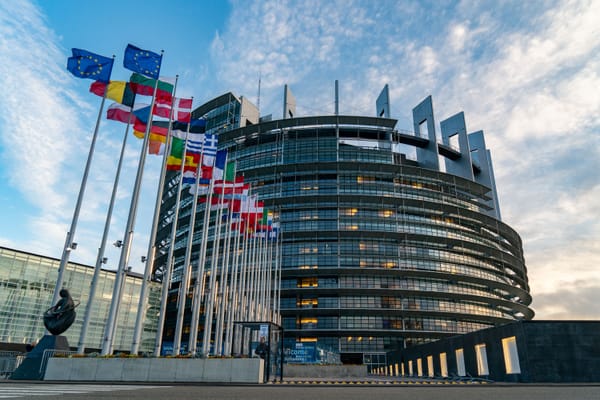It seemed like a typically boring Brussels gabfest: On a recent afternoon, the European Parliament discussed creating a certificate recognizing parenthood across the European Union. Pierre Karleskind, a French member, noted that the number of amendments being tabled—by an insignificant minority of the “extreme” right, as he was quick to add—made it all seem “controversial,” when the proposal was merely a way to make life easier for children and families across Europe.
In another such discussion at the Parliament’s Committee on Civil Liberties, Justice, and Home Affairs, bureaucrats waxed lyrical about “our wonderful rainbow families” being denied their rights by the “far right.” The echo in the room hinted that few people were present; no one was taking vigorous notes for the following day’s front pages. No doubt, this reflected how many European policymakers prefer for things to proceed, with the “adults in the room” coolly and rationally legislating, away from the rabble-rousers and in the interests of the downtrodden.
Yet this latest maneuver by the European Union could prove to be one of its most audacious.
The “certificate of parenthood” would dictate from above who is to be recognized as a parent—disregarding the sovereign, democratic authority of member states to decide just who and what constitutes a family. The measure would compel EU states that don’t currently permit same-sex or transgender parenthood to recognize such family formations, effectively overriding those countries’ domestic family laws. Sidestepping the principle of subsidiarity, which holds that family policy is the domain of individual member states, the certificate would be issued in the country where family ties were first established, with all member states obliged to recognize it. No need for debate. No need to change hearts and minds.
